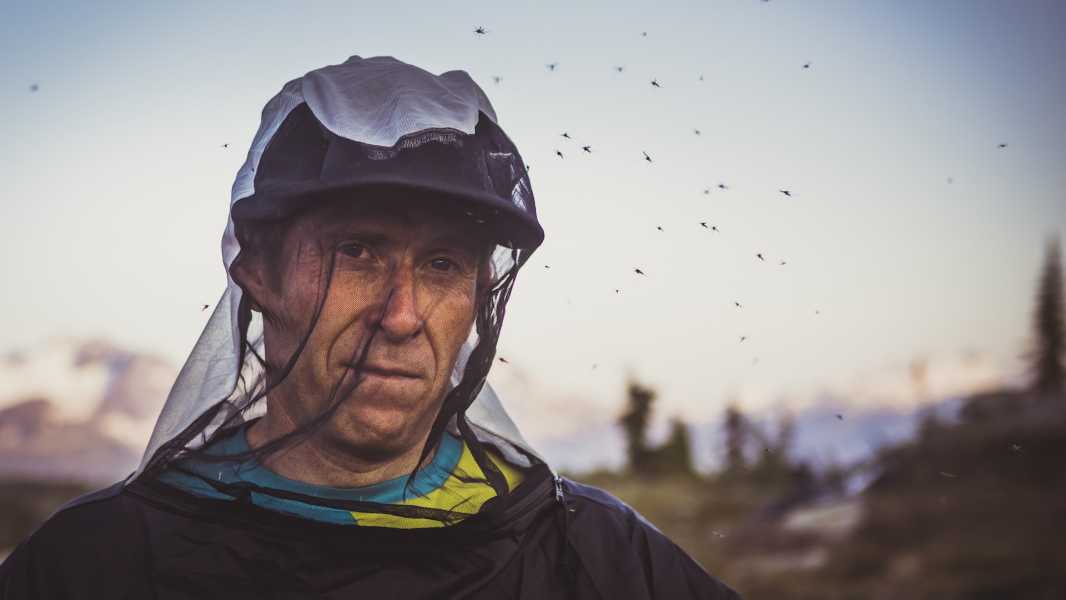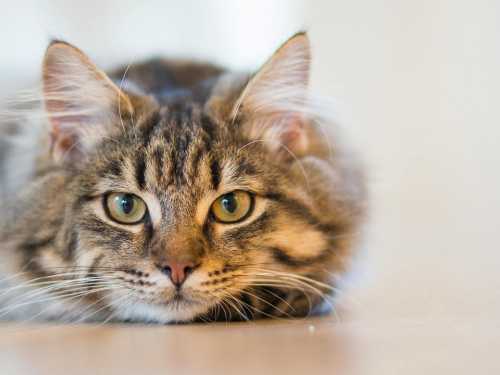
Wearing long sleeves and applying repellents such as DEET or lemon eucalyptus oil may help repel some flies. (Image credit: VisualCommunications via Getty Images)
There's hardly a more annoying sound than a fly buzzing around your head. These tiny insects have an amazing ability to track people and cleverly evade our attempts to swat them away.
But why do flies circle around us? The answer depends on the type of insect, experts say.
“Some of them find us interesting because we’re warm-blooded mammals that they can get food from,” Jonathan Larson, an entomologist at the University of Kentucky, told Live Science. “That includes things like mosquitoes, deer flies, and a few others that are attracted to the carbon dioxide we exhale when we breathe.”
“Human bodies are easily detected by flies because we constantly emit odors that naturally attract insects, such as carbon dioxide, lactic acid, and carboxylic acid,” Jody Gangloff-Kaufmann, an entomologist at Cornell University and a senior scientist with the New York State Integrated Pest Management Program, told Live Science.
However, these specific scents vary from person to person.
“If you could smell, you’d notice a cloud of scent around the bodies of everyone you knew,” Sammy Ramsey, an assistant professor of entomology at the University of Colorado Boulder, told Live Science. “The composition of each person’s skin oils and the aerosol molecules that are released from their skin vary based on your genetics, your diet, and your daily activity. But some people are much more attractive to flies than others.”
Sweat cocktails
While parasitic flies attach themselves to us to suck our blood, other species, such as house flies (Musca domestica), are more interested in the nutrients on our skin.
“Our skin is coated with stuff that they can drink. Our sweat and our skin oils have carbohydrates and proteins and stuff in them, and they can lick it off. It's like a 7-Eleven,” Larson said. “They can get a lot of stuff really quickly just by running a sponge over that surface and sucking it up.”
But flies don’t rely on sweat for nutrition, Ramsey noted. While some do get nutrients from our skin, they’re very dilute, so they likely lick sweat first to replenish the salt concentration in their bodies, he explained. Flies are more likely to feed on our food when they’re looking for something more filling. While some species, including flies, prefer decaying material, they’re not picky eaters and will eat a little bit of everything. To break down solid food, these flies secrete digestive enzymes to liquefy the food, then suck it up through their straw-like proboscises.
Systems for detecting potential food sources vary among the 110,000 species of flies and even between the sexes. Many rely on tiny hairs on their antennae or bodies that have sensory receptors for specific odors. These sensory cells can detect food from miles away and send different signals to the fly’s brain depending on what chemicals the cells detect in the air.
If a fly perceives something attractive, it will fly closer and land on it. Flies have taste buds on their legs, allowing them to quickly determine whether something is edible. This is handy when they want a quick snack before their owner chases them away. Flies also have large, bulging eyes made up of thousands of individual lenses that are extremely sensitive to movement and are shaped to provide a nearly 360-degree field of vision. Many flies use visual cues to locate food and avoid danger.
Houseflies can be particularly annoying because they are naturally curious creatures, Ramsey says.
“It's a combination of their curiosity
Sourse: www.livescience.com





